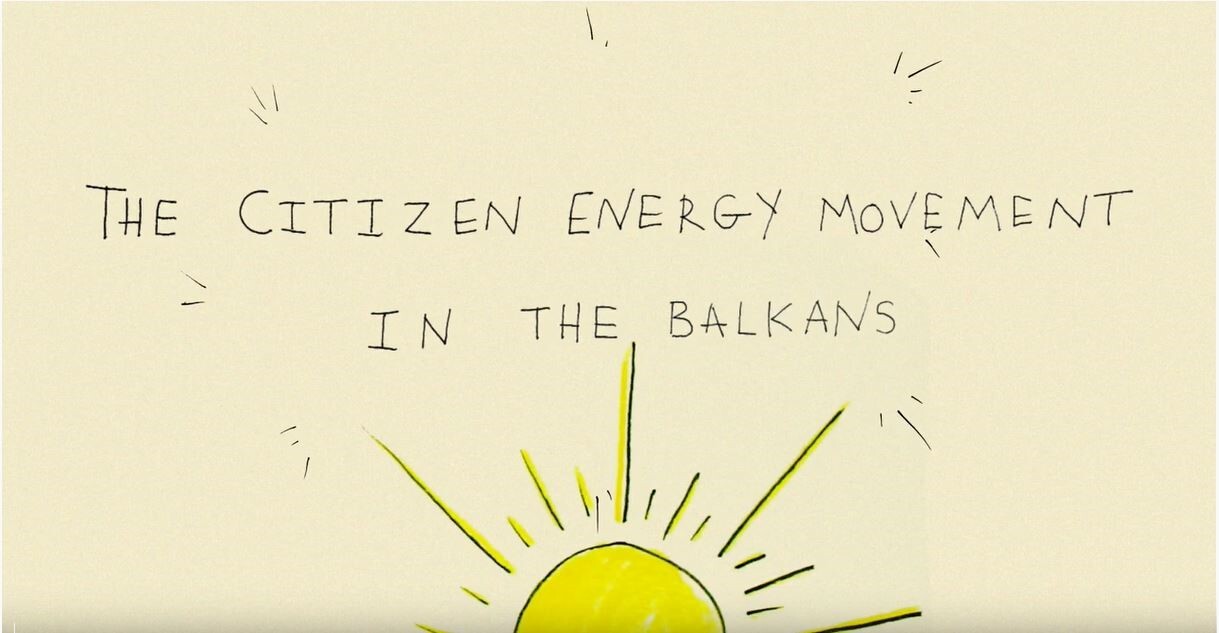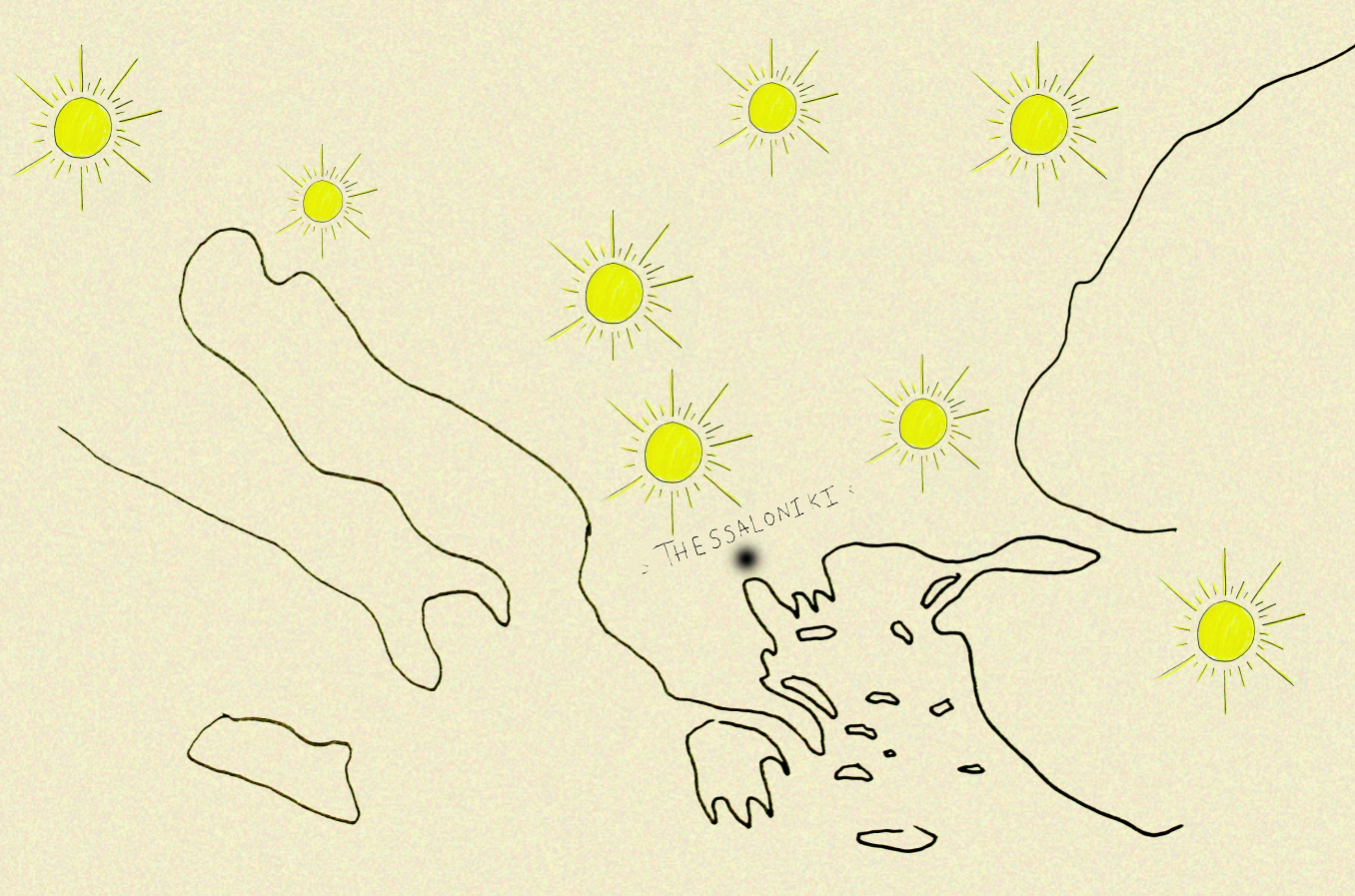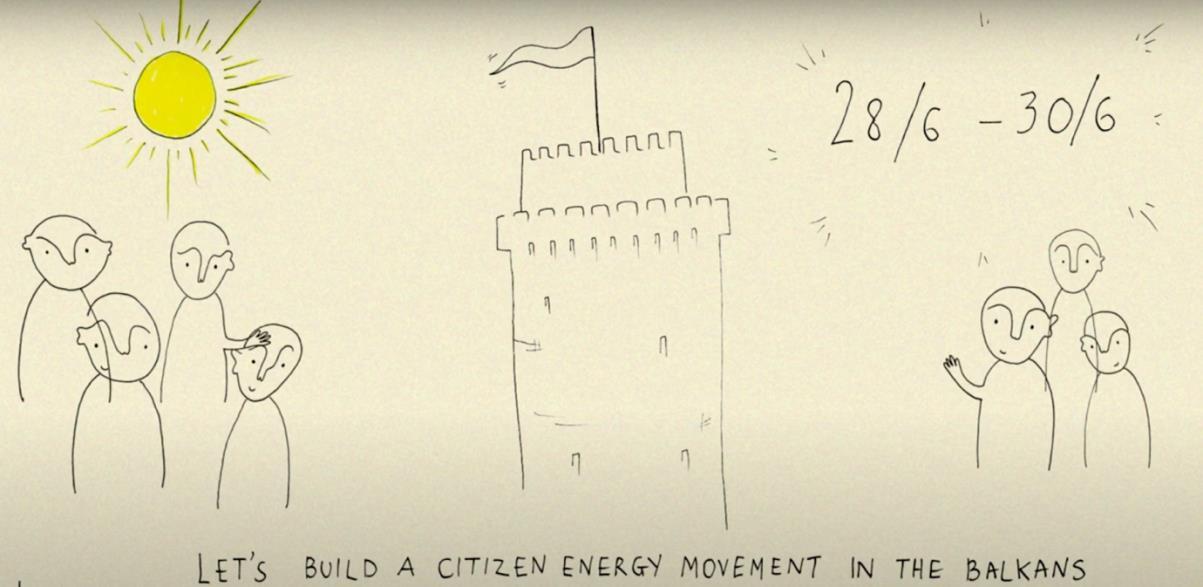Press
Citizen Energy Summer school 2022
Gathering participants from across South-East Europe to learn about community energy
28 June 2022, Thessaloniki - the day has come!
On the 28th, 29th and 30th of June 2022, a vibrant and diverse group of more than 100 people will join this year’s Community Energy Summer School in Thessaloniki in Greece.
This three day Community Energy Summer School gathers experts, pioneers and interested citizens in order to foster networking and cross-border exchange of ideas, tools, knowledge, and good practices, with the aim of strengthening the citizen energy movement in the Balkan region.

Can community energy projects foster a just transition? How can citizen energy projects promote gender equality and tackle energy poverty? How can municipalities and local authorities help citizens take energy into their own hands? How can citizen energy communities better advocate for their right to produce, store, consume and sell renewable energy in the market? Those are just some of the topics that will be discussed during the capacity building activities of the Summer School.
Antonia Proka, project manager at REScoop.eu - the European federation of citizen energy cooperatives - explains the ambition of this big gathering: “The main objective of this summer school is to consolidate a Balkan-wide Community Energy Network consisting of a growing group community of practitioners and -community energy ambassadors, and to support the growth of energy communities in the Eastern region of Europe.”
For the organisation of the Summer School, the European Citizen Energy Academy, funded by the European Climate Initiative, has joined forces with the Compile project, funded by Horizon Europe (grant number 824424). Tomi Medved, Head of the Energy Policy lab at the University of Ljubljana and coordinator of the COMPILE project highlights the unique opportunity that the Citizen Energy Summer School brings to implement and scale the tools that have been developed in the COMPILE project: “The development of energy communities in the Eastern European region is taking off and we are looking forward to providing technical and technological support to young leaders to take on this challenge.”

Valbona Mazreku, executive Director at Milieukontakt Albania - a non-profit environmental organisation in Albania - highlights the importance of this collaboration: “The Summer School wishes to establish a platform to bridge and foster collaboration between the community energy movement in Eastern Europe, where citizen energy is just developing, and the movement in Central-Western Europe, which already has a strong tradition of citizen energy.” Moreover, Valbona says “We want to highlight the importance of building Coalitions and collaborating together and how this can strengthen advocacy efforts at both EU, national and local level.”
Dimitris Kitsikopoulos, vice-president of Electra - a Greek citizen energy cooperative explains the importance of pushing the community energy movement in the region: “We are facing a global geopolitical, environmental, economic and social crisis. Energy prices have been soaring all across Europe over the previous few years. The effects of this crisis have hit citizens all over Europe, with many more people being confronted with energy poverty. If one thing is clear, it is that Europe should become less dependent on fossil fuel exporters and that local ownership of renewable energy is a matter of security of energy supply. That is particularly the case for the Balkans and South-East Europe who are still heavily reliant on fossil fuels for energy production. Therefore, these countries can make the shift in order to take advantage of a ‘green’ window of opportunity to make the energy transition transition more democratic, inclusive and participatory by promoting community energy.”

Join the conversation on social media: #CitizenEnergyAcademy